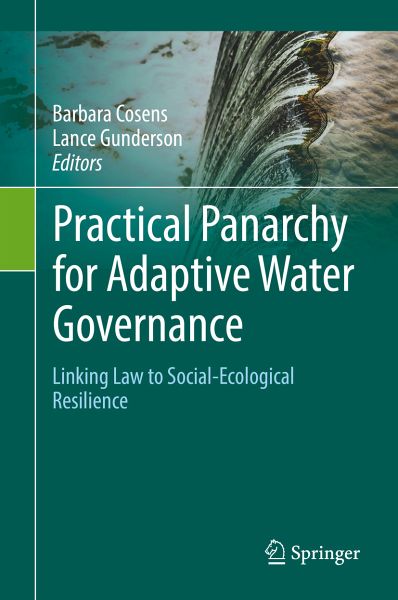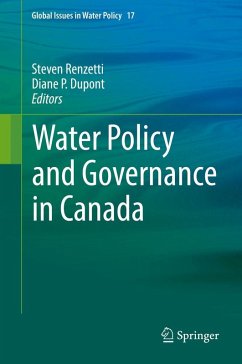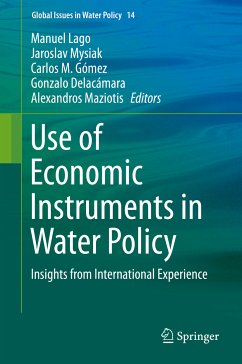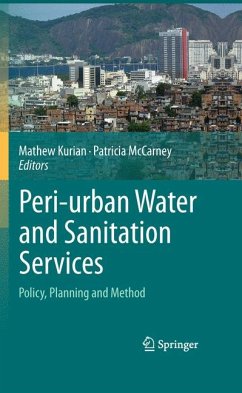
Practical Panarchy for Adaptive Water Governance (eBook, PDF)
Linking Law to Social-Ecological Resilience
Redaktion: Cosens, Barbara; Gunderson, Lance
Versandkostenfrei!
Sofort per Download lieferbar
128,95 €
inkl. MwSt.
Weitere Ausgaben:

PAYBACK Punkte
64 °P sammeln!
Looks at the role of law in achieving adaptive governance
Applies resilience as a bridging concept between law and social-ecological systems in specific social-ecological systems
Illustrates the theory with six water basin assessments
Dieser Download kann aus rechtlichen Gründen nur mit Rechnungsadresse in A, B, BG, CY, CZ, D, DK, EW, E, FIN, F, GR, HR, H, IRL, I, LT, L, LR, M, NL, PL, P, R, S, SLO, SK ausgeliefert werden.












